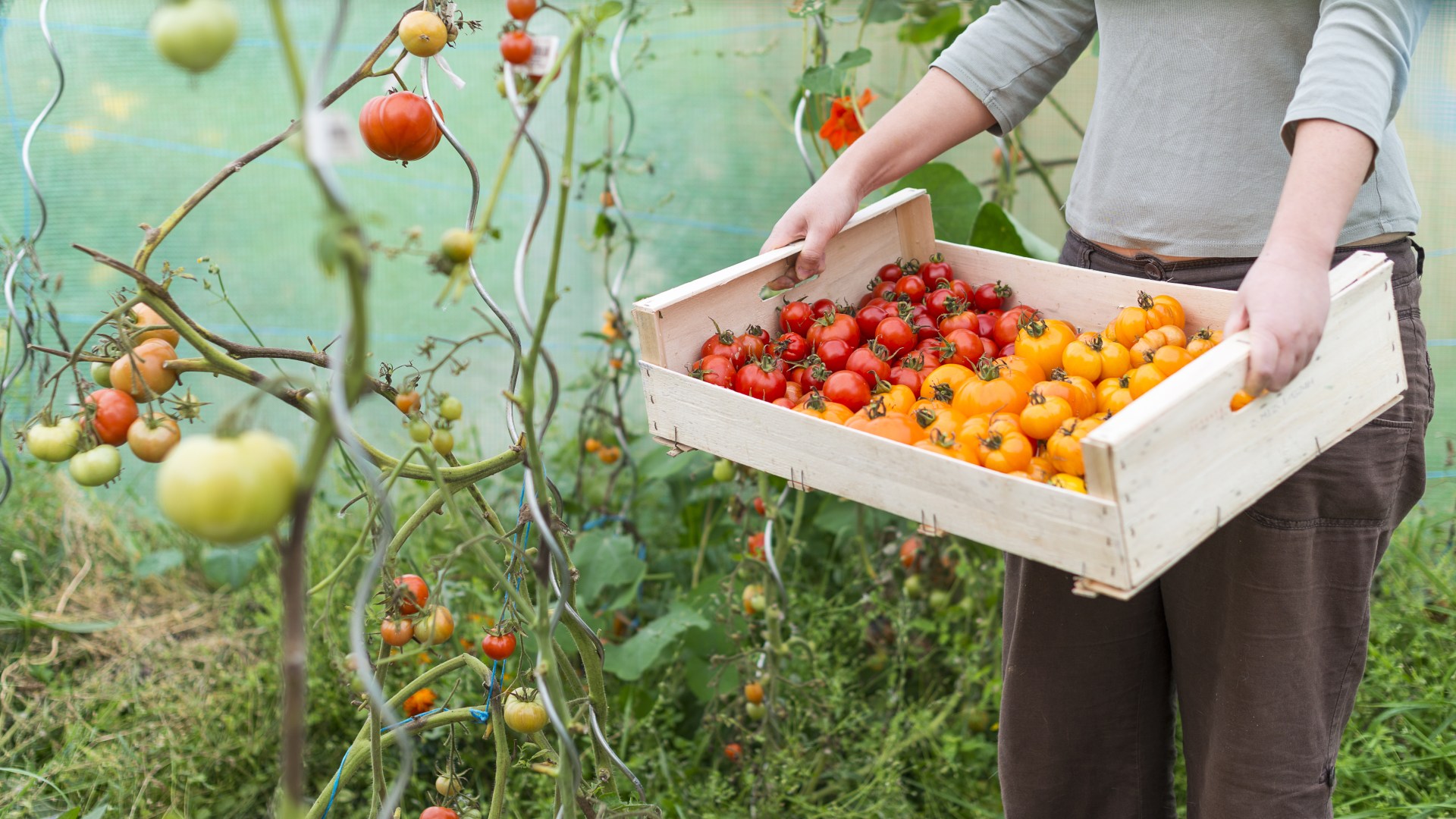In nature, red skin signals that a tomato is ripe. But this is not necessarily true of tomatoes that have been forced to turn red. It is entirely possible, and likely, that we are purchasing and consuming unripe fruit. And there would be little way of knowing it until we take the first bite.
To be fair, part of the reason that growers gas tomatoes with ethylene is because this is what the market demands. As consumers, we want to walk into our local grocery store any time of the day, any day of the week, and pick up a red tomato.
In much the same way, we want the certainty of knowing that the answers to life’s questions are always within reach. But humility teaches us to wait for God for answers. Humility teaches us to let knowledge ripen on the vine.
In the hours immediately before his death, Jesus spends time teaching and praying with his disciples, reminding them that they must abide in him in order to bear fruit. He also promises to send the Helper, or the Holy Spirit, to enable them to learn and grow. Jesus promises them, “I still have many things to say to you, but you cannot bear them now. When the Spirit of truth comes, he will guide you into all truth.”
While Jesus is concerned that his disciples grow in their understanding, he is also comfortable with them not knowing all things—in part because they aren’t ready for more knowledge yet. Jesus is also confident in the Holy Spirit’s ability to take them through the process. But this can only happen as they are connected to him, the Vine.
Proverbs 3 says, “Trust in the Lord with all your heart, and lean not on your own understanding. In all your ways submit to him, and he will make your paths straight.” In God’s wisdom, the very process of learning binds us to him in a way that simply knowing answers cannot. And so he asks you to trust him. He asks you to humble yourself to wait for him.
Taken from Humble Roots by Hannah Anderson ©2016. Used by permission of Moody Publishers.










